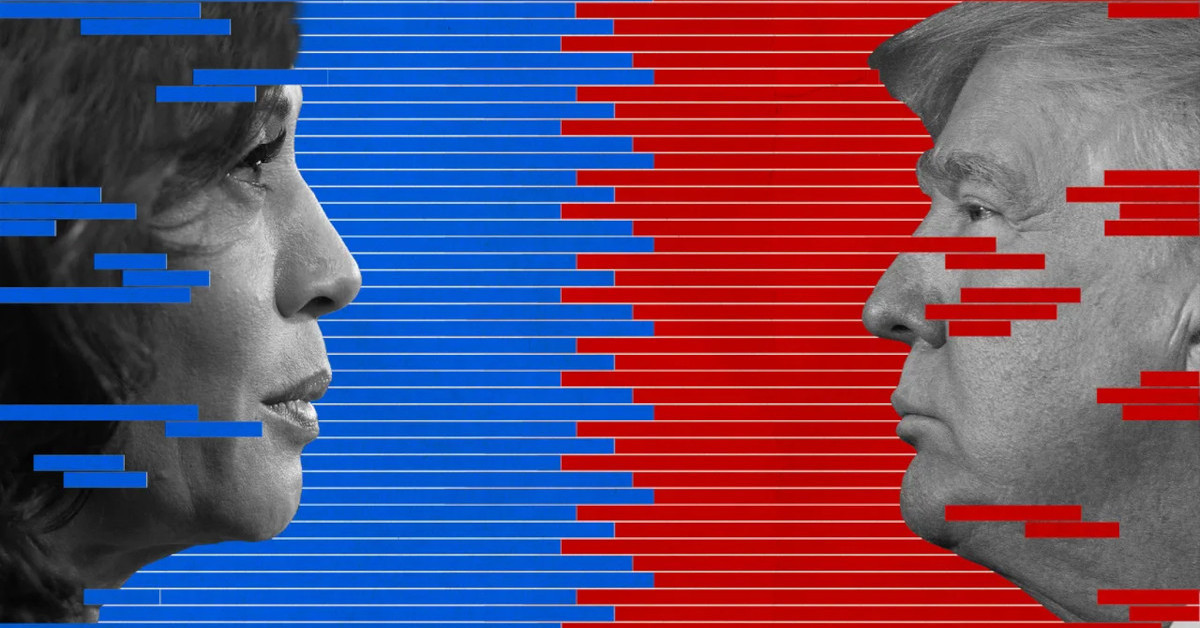Powell shooked the markets!
Finally, we had Fed Chair Powell's speech at the Jackson Hole symposium, which we were waiting for that whole week. So far, what has attracted the attention of market participants more than anything else, was Powell's emphasis on long-term economic pressure and the negative effects of higher inflation. Fed Chair Jerome Powell said that the central bank's efforts to quash inflation would require a "sustained period of below-trend growth" that will lead to pain for households and businesses. It is too different from what Mr. Powell used to say last year, especially those months that he was repeating that higher inflation would be transitory. Now, in a 180-degree turn, he says, "These are the unfortunate costs of reducing inflation,"
"These are the unfortunate costs of reducing inflation," Powell said during a speech at the Fed's annual meeting in Jackson Hole, Wyo. "But a failure to restore price stability would mean far greater pain."
Today's speech taught us that FED's focus would be mostly on controlling inflation, even if it costs lower economic growth. Let us review some of the most Key quotes from his speech.
- The central bank is moving policy 'purposefully' to a level sufficiently restrictive to return inflation to 2%.
- Restoring price stability will take some time and require using the central bank's tools' forcefully.'
- Reducing inflation is likely to require a sustained period of below-trend growth.
- There will likely be some softening labor conditions and some pain to households.
- These are the unfortunate costs of reducing inflation, but failing to restore price stability would mean far greater pain.
- Benchmark overnight interest rate at a long-run neutral estimate of 2.25%-2.50% 'not a place to stop or pause.'
- The overarching focus is bringing inflation back to the 2% goal.
- The September rate hike will depend on the totality of data since the July meeting.
- At some point, as the policy stance tightens further, it will be appropriate to slow the pace of rate increases.
- Restoring price stability will likely require maintaining a restrictive policy stance for 'some time.
- Fed must keep at it until the job is done.
- The historical record cautions strongly against loosening policy prematurely.
- The US economy is clearly slowing but has underlying solid momentum.
- The labor market is particularly strong but out of balance; high inflation has continued to spread.
- July's lower inflation readings are welcome but short of what will be needed before the central bank is confident inflation is moving down.
- The central bank committed to moderating demand to better align with supply.
- The more extended high inflation continues, the greater the chance it will become entrenched.
Today and before Powell's speech, we had some critical economic data confirming inflation is decreasing. Core personal consumption expenditures index (PCE Index), known as the Fed's preferred measure of inflation, rose only 0.1% in July, which was much less than 0.6% in June and 0.3% of estimated. The annual rate of the Core PCE price index in July also fell to 4.6%, down from 4.8% in June. While data shows that inflation is decreasing, however, today, Mr. Powell said that "While the lower inflation readings for July are welcome, a single month's improvement falls far short of what the Committee will need to see before we are confident that inflation is moving down," and further added that "In current circumstances, with inflation running far above 2% and the labor market extremely tight, estimates of longer-run neutral are not a place to stop or pause,".
Market Reaction
While after earlier published inflation numbers, stock markets rose, market participants with a more detailed analysis of published economic data, especially in personal income and expenses, and then Mr. Powell's speech, lost their faith in short-term economic development. In the first hours after Powell's speech, Dow Jones industrial average and SP500 both lost almost 2%, while the Nasdaq composite led the bears with an almost 2.5% loss. For now, and with these data and comments, we do not have enough reason to be optimistic. However, we better wait until the end of the Jackson Hole symposium and Monday to understand the market reaction better.


















